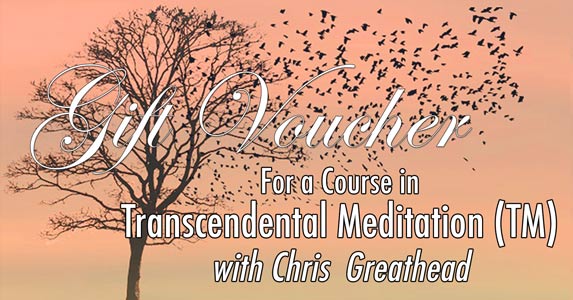By: Shazia Khan 02/06/2013 05:30 AM
First popularized in the united stated by The Beatles, transcendental mediation is now being used to combat stress in veterans. NY1’s Shazia Khan filed the following report.
Deployed to Afghanistan in 2009, 34-year-old Luke Jensen says his nearly two-month experience as a military police officer took its toll on his mental health. Once back home in Ohio, things continued to spiral down.
“I had put a gun to my head in front of my wife and children. That’s how intense it was,” Jensen says. “Everything was setting me off. Punching holes through my walls. Punching holes through doors. My children walking on eggshells around me.”
Counseling, various therapies and medications didn’t work. But in 2011, Jensen says he got his life back with transcendental meditation.
“I noticed very soon, I started sleeping better, and just that alone was huge,” Jensen says.
Jensen shared his story at a recent conference exploring meditation as a means of overcoming posttraumatic stress disorder and preventing suicides in the military.
“You have one veteran committing suicide every hour in the United States,” says Bob Roth, executive director of the David Lynch Foundation. “Thirty times more vets commit suicide then die in combat.”
The David Lynch Foundation organized the conference. The nonprofit launched Operation Warrior Wellness three years ago to provide veterans, military personnel and their families free training in transcendental meditation.
“What this meditation does is, it provides the body with a very profound state of rest and relaxation,” Roth says. “Research shows there is a 50 percent reduction in symptoms of PTSD among meditating veterans.”
In addition, a 2012 study by the American Heart Association found regular practice of this age-old, nonreligious technique may lower the risk of death, heart attack and stroke in heart patients.
Jensen strives to mediate twice a day for 20 minutes.
“Our home is a happy home again now, thankfully,” he says. “And they do remember it, but they know that there was a happy ending to it.”





